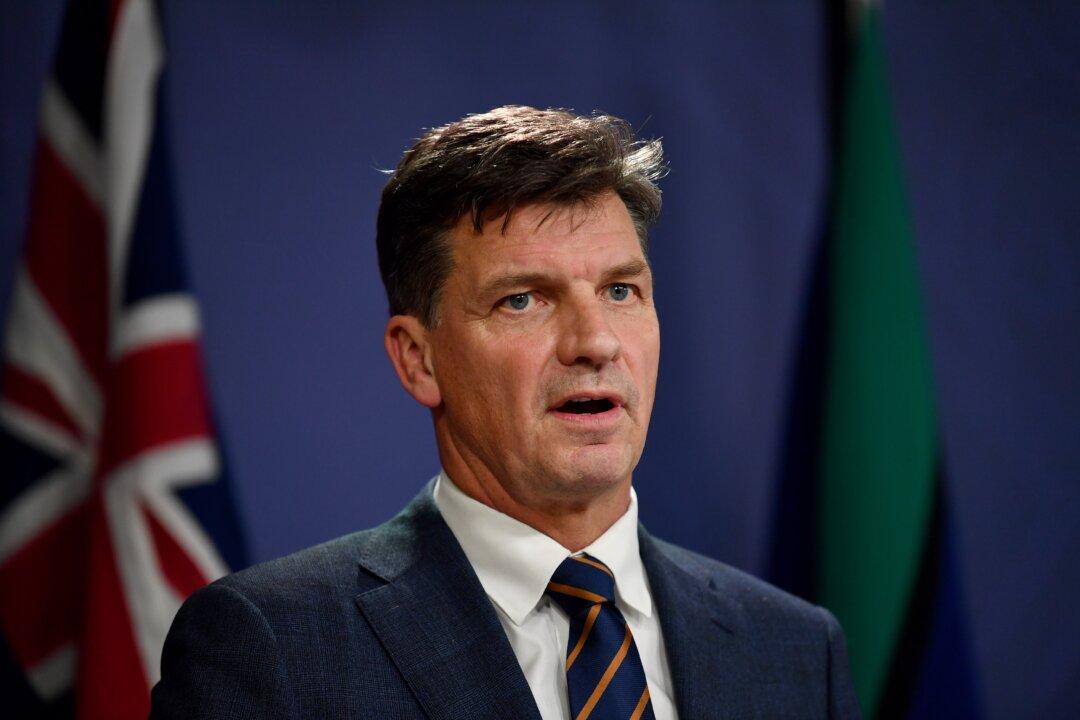SYDNEY, Australia—Federal Shadow Treasurer Angus Taylor says every day Australians are suffering the consequences of big government with their wallets.
“Inflation is the price that everybody pays for excessive government. It is a thief in the night,” he said in a speech at the Friedman Conference in Sydney on July 8.





